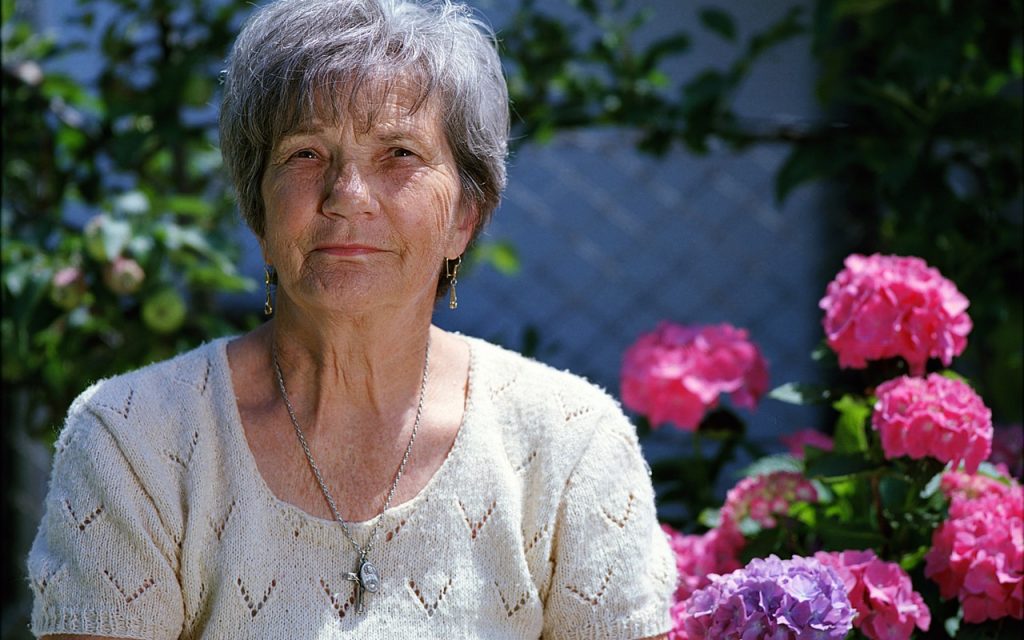 Subscribers Only
People
Subscribers Only
People 
How can loneliness among older people be tackled? Chris Williams, Age Cymru’s Health and Social Care Policy Adviser, sets out the ideas that were raised during a recent cross party group meeting.
Age Cymru has found that 75,000 older people in Wales say they are often or always lonely, so it is perhaps no surprise to find that on 14 March the Assembly’s Cross Party Group on Older People and Ageing, chaired by Mike Hedges AM, discussed this issue.The meeting also enabled representatives from a range of older people’s groups, including Pensioners Forum Wales, the Welsh Senate of Older People and the National Pensioners Convention Wales, to speak directly to AMs, explaining the reasons why individuals can become isolated, and what can be done about it.
As Age Cymru’s Manifesto to tackle loneliness clarifies , there are multiple intertwining reasons why individuals may experience loneliness, from poor transport and an inaccessible environment to a lack of local facilities and digital exclusion, with the removal of these barriers having the potential to create a truly Age Friendly Wales. Indeed, these issues were borne out in the comments made by the contributors at the meeting, where it was reiterated that the considerable reduction in local service provision across Wales, particularly services utilised by older people such as post offices, libraries, community centres, public toilets and bus services, have compounded the problems created by the inaccessible built environments found in many towns and cities.
Of course, there is a cost to providing such services, but contributors pointed out that it may still be possible to maintain facilities by introducing innovative methods to cut costs, with public buildings being utilised for a range of activities and the introduction of additional voluntary services, providing they are adequately funded: whilst there are numerous voluntary schemes aimed at addressing loneliness throughout Wales, library services and befriending groups being prime examples, the sustainability of such services depends heavily upon not only the availability of volunteers but the provision of longer-term funding.
The availability of free public transport, in particular the bus network, was raised as a major factor in tackling loneliness and isolation, especially in rural locations. Free bus passes help greatly, contributors felt, but this could be aided by the ring-fencing of funding for out-of-hours services and the replication of existing community-based transport services, perhaps run in partnership by local authorities and the third sector.
Sustainable service provision is not the only requirement however, with contributors indicating that even where services are available potential users may not always be aware of them, a problem of insufficient and inconsistent levels of signposting throughout the country. Furthermore, there is no nation-wide means of ensuring people are properly identified as experiencing loneliness and isolation, and consequently they are not referred to services which may help address their situation. Age UK [1][2]has highlighted the importance of individuals such as GPs, community nurses and occupational therapists in playing a role to identify individuals experiencing loneliness and signposting them to relevant agencies, but while there may be some examples of good practice unfortunately this is not always the case.
Finally, the contributors stressed that it is possible to be lonely even if one is not alone, with the built environment and housing design having a large part to play in this. With a wider range of housing options available for older people, including more socially aware independent and assisted living facilities, older people would be enabled to remain active and confident in their communities, they suggested.
Overall, this is a very positive step in creating an Age Friendly Wales, not only bringing a range of groups together but ensuring their collective thoughts and experiences can directly impact Wales’ decision makers. Indeed, many contributors have since accepted the opportunity to take part in the National Assembly for Wales’ Health Social Care and Sport Committee Inquiry into Loneliness and Isolation, indicating a true desire for change exists in Wales.
[1] Age UK (2015), Promising approaches to reducing loneliness and isolation in later life.
[2] Age UK, (2016), Testing Promising Approaches to Reducing Loneliness


